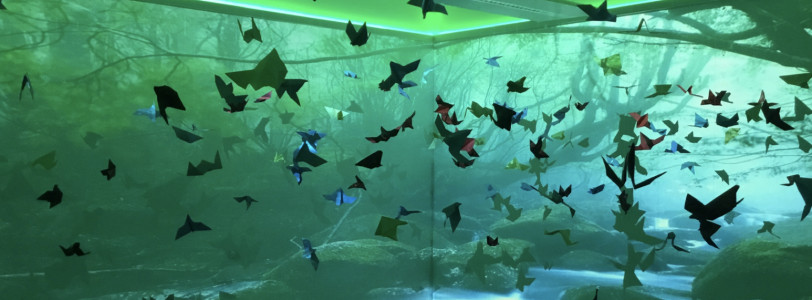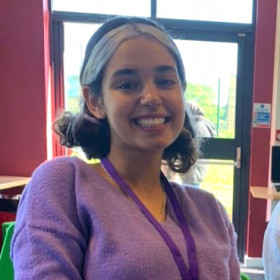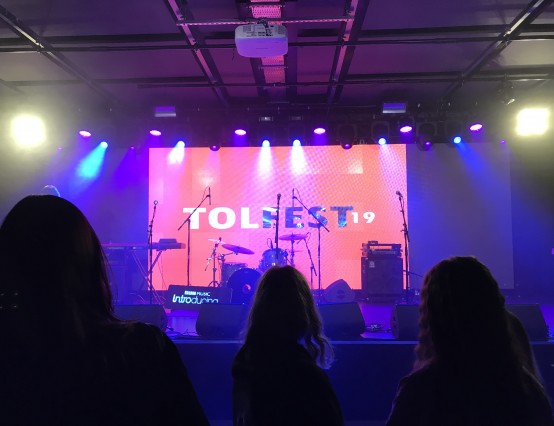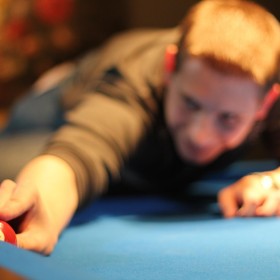Medicine
/ˈmɛds(ə)n,ˈmɛdɪsɪn/
noun
1.
the science or practice of the diagnosis, treatment, and prevention of disease (in technical use often taken to exclude surgery).
"he made distinguished contributions to pathology and medicine"
Similar: medical science, practice of medicine, healing, therapeutics, therapy, treatment, healing art
2.
a drug or other preparation for the treatment or prevention of disease.
"give her some medicine"
Similar: Medication, medicament, remedy, cure, nostrum, patent medicine, quack remedy, panacea, cure-all, placebo, drug, prescription, dose, treatment, physic, medicinal
_______________________________________________________________________________
When we think of ‘medicine’ we automatically revert to physical pills and tablets like paracetamol and ibuprofen. Maybe the sweet, childhood taste of nurofen that zapped those fevers away. Although, as stated in its definition, medicine can come in any form as long as it helps positively to treat illness or improve the health or wellbeing of a person, animal or plant. In this case I’d like to focus on people and the huge effect Art can have on people’s health in all aspects. Art comes in endless shapes and forms - from dance to theatre to cookery to visual art such as painting, drawing - one could argue that everything is Art.
As a child, Art was one of the starting points in all our education paths, from poster paint and sugar paper, practicing our A B C’s, carefully sculpting imaginary monsters out of play dough, designing and building the most splendid castles out of lego. Art is where we first begin to express ourselves. This is exactly the case now too, at any age and for everyone, we can all express how we feel with art. It doesn’t even have to be words. Helen Meyrowitz, Artist and Alzheimer’s Care Giver said; “One of the ways of doing it is to sort of say to yourself; I am feeling lousy today, I am feeling so goddamn blue and disgusted, I could just scream! Take out a pad and make a scream. Whatever that looks like to you. Nobody knows what a scream looks like, make your own scream.”
To research this topic, I carried out a small study with a few students my age asking them the question blindly; “Can Art be considered medicine?” Almost everybody I asked quickly answered with an “umm” or a straight “no” but what was really interesting was the discussion that occurred after only few brief seconds of thought. These short interviews only lasted a few minutes, but within that time, opinions began to change. After an initial negative reaction, they then wondered about whether a person with depression could be prescribed Art to help cure it or help manage moods. “It’s more a mental thing than a physical thing”; “A doctor may not prescribe it, but they would probably suggest it because I don’t think its taken as seriously”; “If someone has depression or anger issues, or any other mental health issue, I feel like they can use art (because it can be hard to talk to a therapist and people struggle with that which is why they don’t normally go to get help) but they can express whatever they want through art.” “What’s the definition of medicine? Something to help cure a person. So it would help cure…” The journey their opinions took all correlated together moving from unsure and questioning to confident and strong, almost proud at the change of perspective!
The overall conclusion of this argument seemed to be that yes, art could be considered medicine, but only in the sense of mental health. After a quick Google search… “Mental health is a medical problem, just like heart disease or diabetes. Mental illnesses are health conditions involving changes in emotion, thinking or behaviour (or a combination of these). Mental illnesses are associated with distress and/or problems functioning in social, work or family activities. Mental illness is common.” (www.psychiatry.org) Mental health has just the same value as physical health and is just as serious. So the thought that Art can be beneficial to helping and even curing diseases is huge! There are so many factors that impact on mental health diseases.
Steven M. Safyer, MD President and CEO, Montefiore medical Center said; “It's essential to add other components in the traditional medical modalities, anything from the use of artwork, use of light, use of drama, the use of storytelling and the engagement of the patients and the patients families in an art experience to help them have the optimal care that they deserve.” All hospitals and medical centres should incorporate Art into their care giving and curing. The connection between healing and art suggest so many positives to the argument that Art can be considered as medicine.
Thinking of art in this way, is seeing art as having ‘instrumental’ value. It can be argued that the arts have public value because they promote broad social, economic and health goals - such as economic growth, increased health and happiness or better academic performance. These benefits are called “instrumental” because the arts are seen as an instrument for achieving them. Just in the same way that art can be an instrument in terms of medicine to achieve a cure or even a drop of happiness. Art can also be seen as having intrinsic value, the value “in itself” or “for its own sake”.
Arts & Health South West is a nationally recognised organisation that develops arts and culture projects for the benefit of peoples’ health and wellbeing. They work throughout the South West region in hospitals and health settings, providing learning programmes, resources and events, with three key strands – mental health, loneliness and social prescribing.
Recent research has shown shocking statistics surrounding loneliness in the UK (www.campaigntoendloneliness.org). Loneliness has huge health risks; it is likely to increase your risk of death by 26% (Holt-Lunstad, 2015). Loneliness, living alone and poor social connections are as bad for your health as smoking 15 cigarettes a day. (Holt-Lunstad, 2010).
I would argue that mental health is just as important as physical health, and both intertwine and connect. The Culture, Health and Wellbeing Alliance is a national membership organisation representing everyone who believes that creativity and cultural engagement can transform peoples’ health and wellbeing. Loneliness has become such a pressing health concern, that the NHS has begun to support widespread social prescribing schemes, in the hope they will reduce the use of NHS services (preventing ill health). 59% of GPs think social prescribing can help reduce their workload – and while schemes are rolled out across the country – doctors and link workers will be able to ‘prescribe’ social activities, including art activities that bring people together.
It is important to take an holistic approach to people’s health and wellbeing, connect people to practical and emotional support, and make sure people in all communities have opportunities to be creative. I believe this will reduce health risks and improve peoples’ overall health and wellbeing. “It is time to recognise the powerful contribution the arts can make to health and wellbeing.” (Creative Health Inquiry Report, 2017). After all this, can you really consider that Art isn’t medicine?
Further reading / links you may find interesting!
- The All-Party Parliamentary Group on Arts, Health and Wellbeing was formed in 2014 to improve awareness of the benefits that the arts can bring to health and wellbeing. During 2015–17, they conducted an Inquiry into practice and research in the arts in health and social care, with a view to making recommendations to improve policy and practice. Download their report here: https://www.culturehealthandwellbeing.org.uk/appg-inquiry/Publications/Creative_Health_Inquiry_Report_2017_-_Second_Edition.pdf
- Culture, Health and Wellbeing Alliance www.culturehealthandwellbeing.org.uk
- Arts & Health South West
www.ahsw.org.uk










Totally agree Sara. Mental Health is completely intertwined with physical health and utilising the arts to maintain your own wellbeing is a great method. Social prescribing in this sense as a fairly new 'phenomenon' I think will be a key route forward to a healthier nation